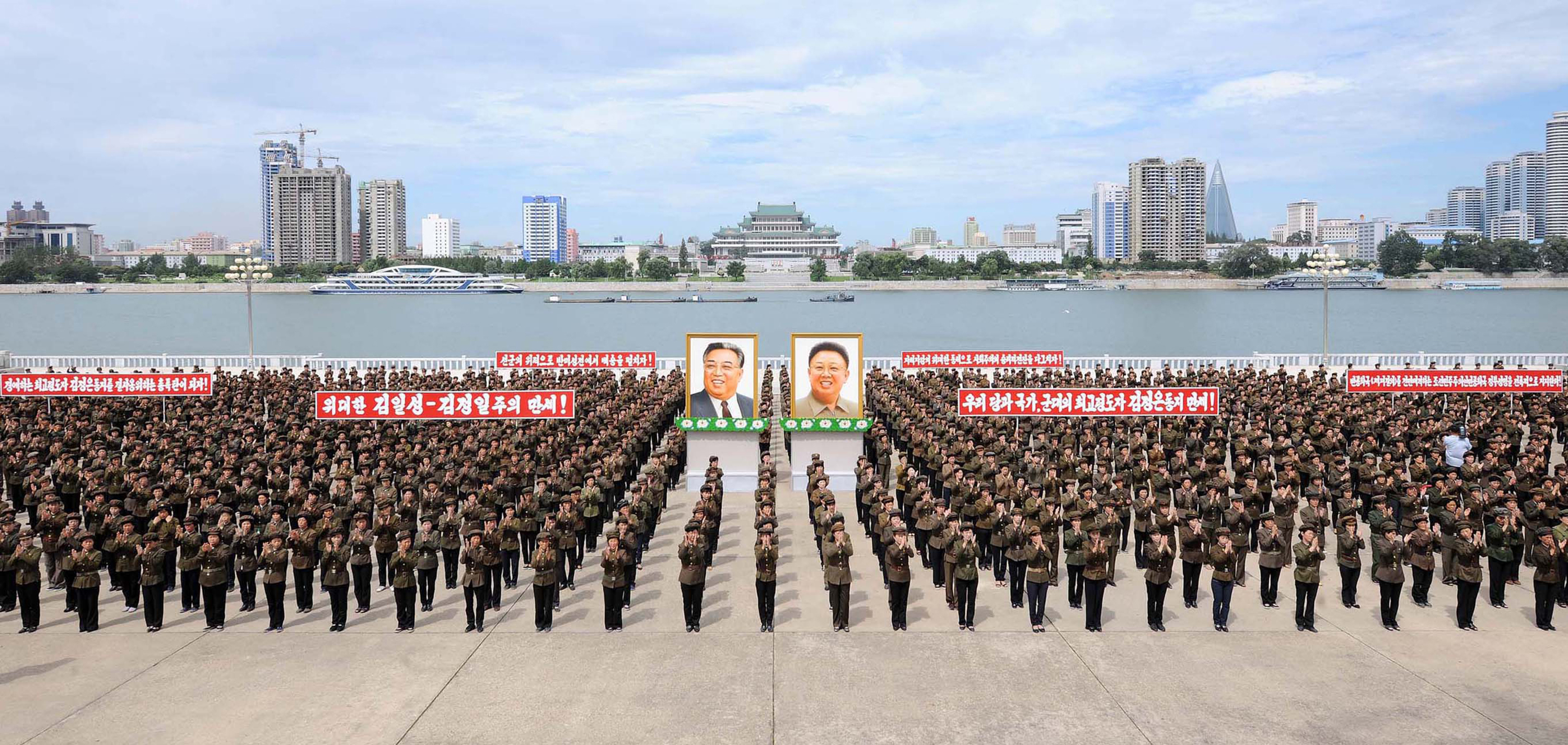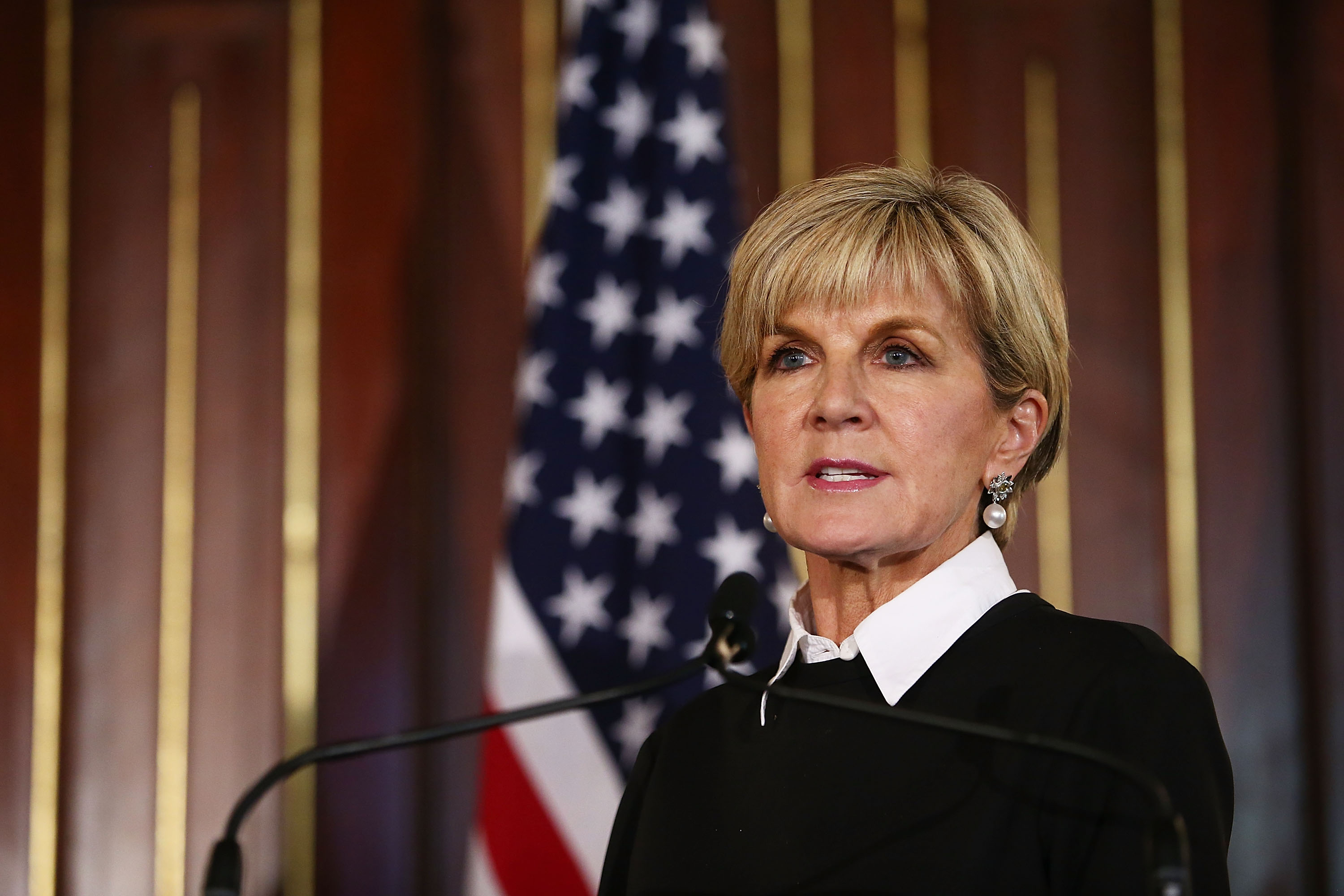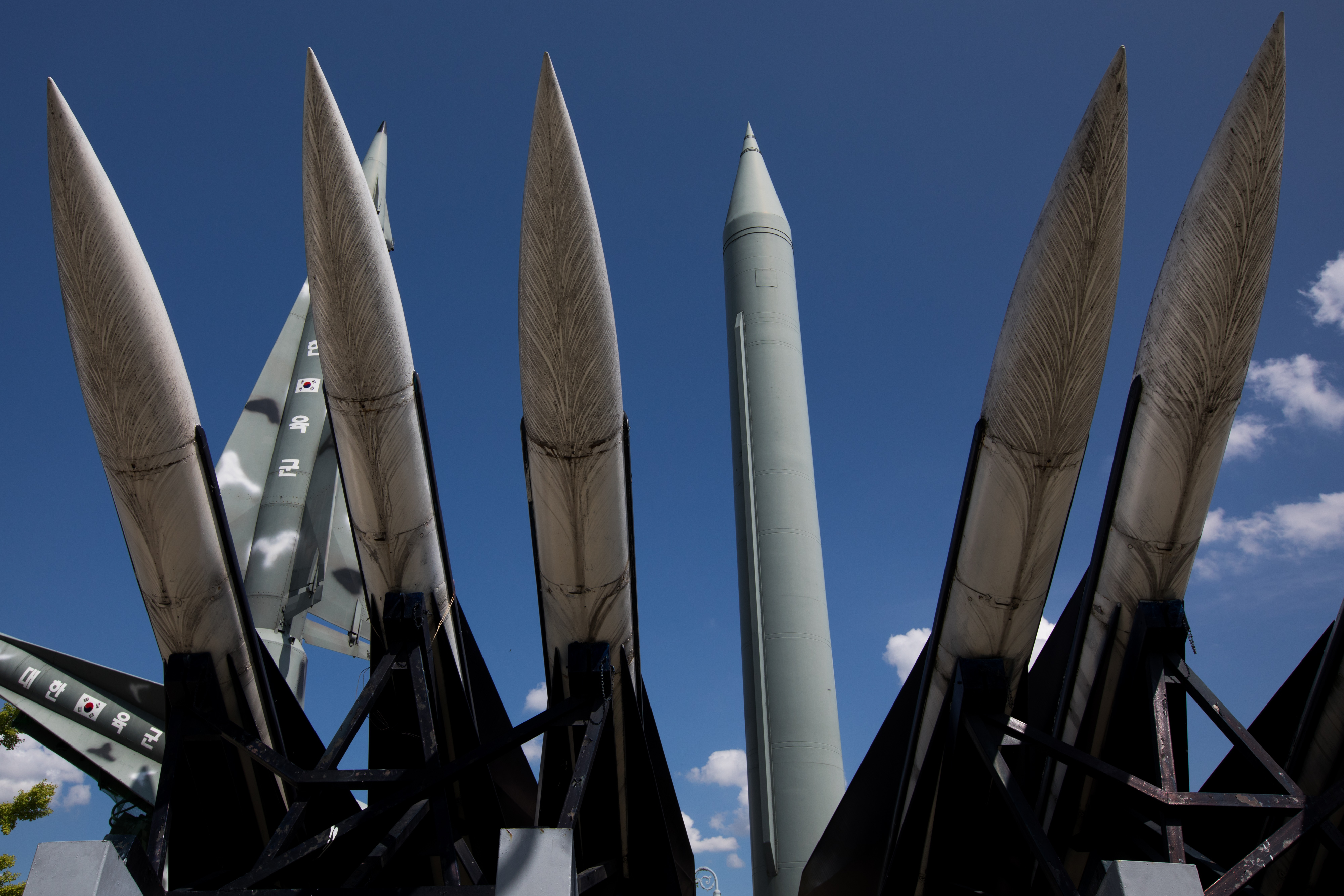
Politics & Society
More Jaw Jaw: Stopping North Korea going critical

As the war of words between the US and North Korea threatens to turn into war, the Australian Government will be working hard to exhaust all its peacemaking options before entering any conflict
Published 16 August 2017
The most alarming part of the response to the escalating tensions over the development of long-range nuclear missile technology in North Korea is not that Australia is considering military action in support of its key ally, the United States, but that the public discussion around the issue lacks any alternative vision of the credible steps which the Government can, and is considering, short of war.
Despite the recent election of the inexperienced and untested US President Trump, North Korea is not a sudden, unexpected, or new crisis. It has been developing over decades along clearly signposted and predictable lines.

How the various disputants act in these conflicts will determine the outcome of events. The actions of North Korea and the United States will each be determined by a complex equation of their defined interests and objectives, the range of capabilities and strategies open to them, and the perceived costs and trade-offs that they are willing to accept in pursuing each strategy.
Australia has responded publicly to this situation by defaulting to a known and comfortable position – foreign policy conducted through the prism of its alliance relationship with the US.
Despite more measured statements by a range of government ministers reflective of Australian Government thought, the media’s attention has been captured by Prime Minister Turnbull’s statement on the developing tensions between North Korea and the US that “America stands by its allies, including Australia of course, and we stand by the United States. So be very, very clear on that. If there’s an attack on the US, the ANZUS Treaty would be invoked and Australia would come to the aid of the United States, as America would come to our aid if we were attacked”.

Politics & Society
More Jaw Jaw: Stopping North Korea going critical
This Australian combination of diplomatic pressure on countries such as North Korea combined with the explicit, or at times tacit, threat of military intervention in support of the US is not unexpected. It aligns with decades of post-WWII Australian foreign policy and strategic orthodoxy in how we think about the sources of Australian security and our appropriate role within the region.
But most serious foreign policy minds within the Department of Foreign Affairs and Trade, as well as the Government, understand the limitation of this reactive military approach to managing conflict. The deficiency of this approach has been highlighted in Afghanistan, Iraq and Syria, and captured in a range of lessons learnt reports that have been well received by the government.
These lessons have been derived perhaps most prominently from the Australian defence community itself, a community often left stranded in stalemate situations in the absence of political strategies to resolve conflict and without defined exit strategies or parameters for mission success.
Despite the focus on military actions and alliance relations with the US, it is unlikely that either the Foreign Minister or the Prime Minister will expect a reactive military strategy to work in areas of East Asia, that are so vital to Australia’s security and prosperity, any better than it has done in places such as Afghanistan or Iraq.
This is even more so given Australia’s recent experience leading global responses to conflict during its presidency of the UN Security Council.

Government leaders are aware of the findings of the recent reviews into the United Nations’ conflict prevention, peace-making and peace-keeping architecture, which warns UN member states that “preoccupation with militarised solutions … [is] an obstacle to lasting peace and something that needs to change.”
But also the call by UN Secretary General Antonio Guterres in his first address to member states in the Security Council that “prevention is not merely a priority, but the priority.”
There are five steps that the Australian government will attempt to exhaust before military options in support of the US alliance come into play. We can expect Australia to:
1. Throw its funding support and high-level backing behind UN-led mediation and good office initiatives between the United States and the government of North Korea.

Business & Economics
We need one law for all
2. Throw all possible bilateral resources and diplomatic support behind the government of South Korea and their efforts to create a lasting political settlement with the people and government of North Korea.
3. Convene or sponsor high-level dialogue between Australia, China and Japan – two of our largest trading partners and closest regional bilateral relationships – on a regional strategy to defuse tensions on the Korean peninsula.
4. Dramatically boost and support all forms of dialogue and engagement between Australia and North Korea, including private-sector travel and exchange programs, and efforts to engage both North Korean and US diaspora communities in Australia and regionally.
5. Offer mediation, good offices, or mediation support to the government of North Korea and the United States to assist bilateral dialogue aimed at defusing tensions.
Not only will these actions involve only a fraction of the financial cost of even the most limited military intervention, but our foreign policy and our diplomacy would be failing a primary test if we were seen not to exhaust all options to prevent war in a region so central to our national interest.
In each case, an Australian good offices, mediation or facilitation role may be rejected by the key disputants in East Asia’s regional crises. They may take place but fail to substantially change the conflict dynamics and risk of war. Or they may be made redundant by an effective conflict management initiative by the United Nations, regional organisations, or other actors including the US and North Korea themselves.
Whether they work effectively or not, they represent credible alternatives to war that will certainly be attempted by the Australian government prior to any reactive, military response.

But to use these policy options, the government must overcome what Dan Smith, director of the Stockholm International Peace Research Institute, has labelled a ‘strategic deficit in peacebuilding’ in his 2004 review of the peacebuilding policies of the UK, Norway, Germany and the Netherlands; a deficit highlighted in reviews of Australian whole-of-government interventions in Afghanistan.
This strategic deficit entails a sustained underfunding and persistent lack of training and preparation for conflict prevention, peacebuilding and peacemaking toolkits.
The Australian Government has taken increasing steps to recognise and address this strategic deficit and strengthen its rapidly deployable, peacemaking capability.
Yet even in the current context, there exists a deep conflict prevention skills base in the Department of Foreign Affairs, within the Australian Defence Force and defence community, and within the Australian government and parliament.
This reservoir of skills will ensure that even if it doesn’t capture the media’s attention – conflict prevention will be a priority for government action far in advance of any potential military response.
Dr Aran Martin is a senior research lead on the Department of Foreign Affairs and Trade and University of Melbourne-funded project Conflict Prevention and Peacebuilding: Developing a Policy and Program for Australia. He is also co-author of State Support for Peace Processes: A multi-country review commissioned by the Department of Foreign Affairs and Trade and published in 2017.
Banner image: Getty Images